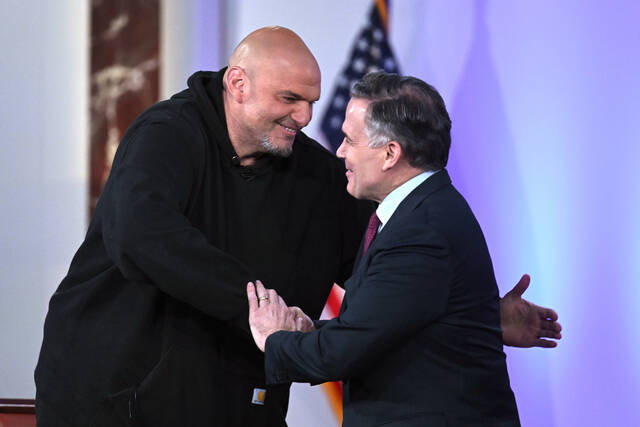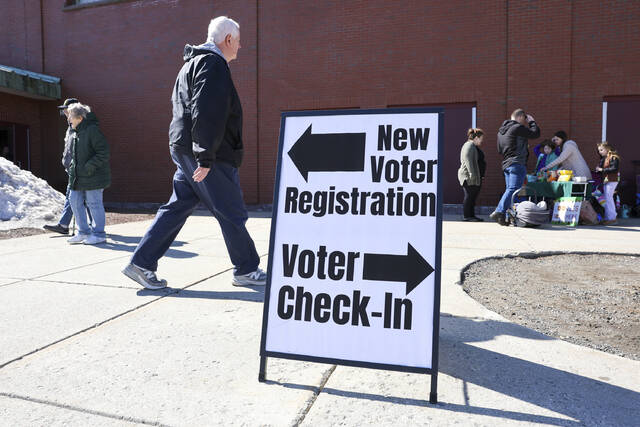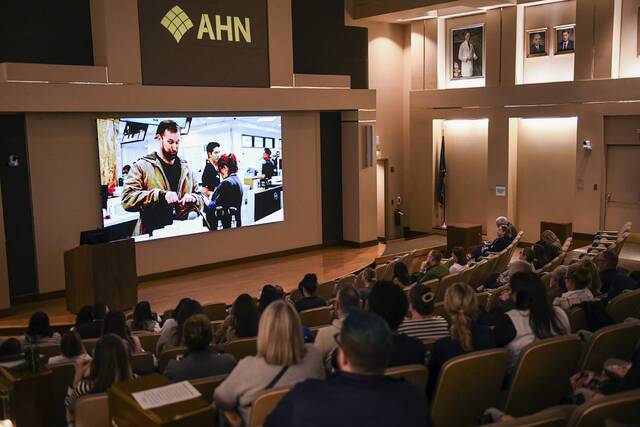Violent crime in Pittsburgh has been a talking point in recent years.
There have been businesses that have closed because of it. Far too many lives have been lost to it, from children sitting in cars to women waiting for buses. Gun crimes have even happened at the most unexpected places, like an Easter weekend house party or a funeral for another shooting victim.
Calls have been thick for action to be taken.
Action is on its way.
In 2024, Pittsburgh police will be implementing a street crime team. The unit will have 18 officers, including two sergeants and a lieutenant, all devoted to reducing the city’s violent crime.
“This is focusing on individuals who have been identified through intelligence (as people who) participate in gun violence,” Chief Larry Scirotto said. “We don’t have personnel who do that today.”
Taking a proactive law enforcement response to an issue that is impacting residents’ lives, businesses’ bottom lines and the city’s overall image is important. It has the potential to be a positive step forward for Pittsburgh.
But it must be acknowledged that it has another potential. Street crime units have been involved in some high-profile brutality incidents this year.
Memphis, Tenn., police created a similar task force — the Street Crimes Operation to Restore Peace in Our Neighborhoods, or SCORPION, unit. Body cameras and other video showed the savage January beating of Tyre Nichols, 29, by multiple SCORPION members; Nichols later died. SCORPION was shut down.
The Baton Rouge Area Violence Elimination group was disbanded and the police chief resigned after reports of violent interrogations and strip searches in what the team called the Brave Cave. No one died, but there are lawsuits.
Pittsburgh has an opportunity to do this right. The city can demand accountability at the same time it pursues results.
Scirotto says that is what he wants, outlining a plan for personnel who are up to the challenge in terms of ethics and conduct. He says he wants a team that is as much about the community as the job.
“When you think of the group violence intervention strategy, it’s two-pronged,” he said. “The first part is community and outreach. That is the preferred method of engagement. Then there’s the second part, which is the enforcement piece.”
Those priorities are ideal. Community and outreach first would seem to be a way to not just get buy-in from the public, but also to find the best information to cut down on crime.
What police should avoid is what stands out about the places street crime units have failed: belligerence and with a name that seems stolen from an action movie about enforcers who play outside the rules.








